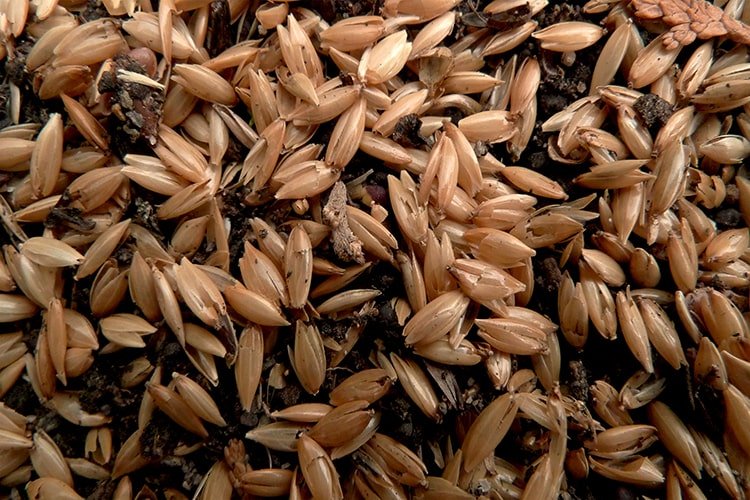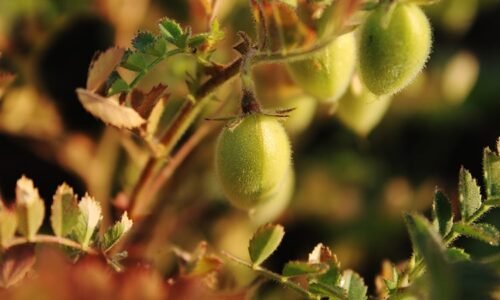
Breeder seed
Breeder seed refers to the initial generation of seed produced by plant breeders. It is the first step in the process of creating a new plant variety. The breeder seed is developed by selecting plants that exhibit desirable traits, such as disease resistance, high yield, and quality, among others.
The breeder seed is typically produced in small quantities and is used as the basis for further generations of seed. This seed is carefully maintained and tested to ensure that the desired traits are retained and that the quality is maintained. It is also subjected to various tests and quality control measures to ensure that it meets established standards.
What is Breeder seed
Breeder seed is seed or vegetative propagating material directly controlled by the originating or sponsoring plant breeder of the breeding programme or institution and/ or seed whose production is personally supervised by a qualified plant breeder and which provides the source for the initial and recurring increase of foundation seed. Breeder seed shall be genetically so pure as to guarantee that in the subsequent generation i.e. certified foundation seed class shall confirm to the prescribed standards of genetic purity. The other quality factors of breeder seed such as physical purity, inert matter, germination etc. shall be indicated on the label on actual basis.

There are several types of breeder seed, including
This type of breeder seed is produced from a single plant that has been self-pollinated to produce offspring that are genetically identical. Pure-line breeder seed is used to maintain the genetic purity and uniformity of the variety.
This type of breeder seed is produced using genetic engineering techniques to introduce or modify specific genes in the plant. GM breeder seed is used to develop genetically modified varieties that have specific traits.
Open-pollinated breeder seed is produced by allowing plants to cross-pollinate naturally in a field or greenhouse environment. It is used to develop open-pollinated varieties that are less uniform but more adaptable to changing environmental conditions.
This type of breeder seed is produced by crossing two genetically different parent lines to produce offspring that are heterozygous. This seed is used to produce hybrid varieties, which often have superior characteristics such as yield potential and disease resistance.